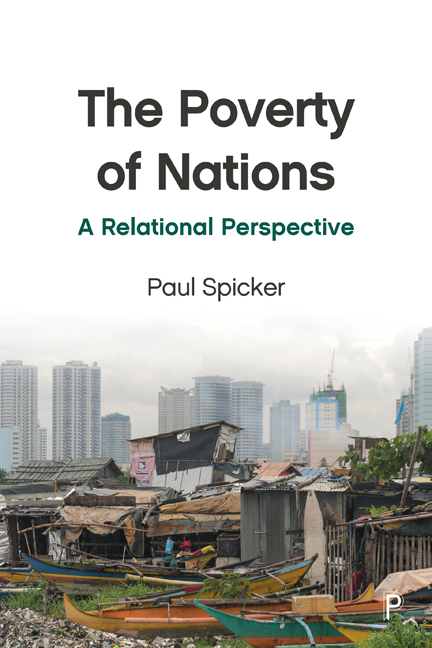7 - Poverty and Social Policy
Published online by Cambridge University Press: 18 March 2021
Summary
If poverty is a matter of resources, then the primary, central response to the situation is to make resources available, either directly by making goods and services available to people, or indirectly by equipping people with the skills and opportunities they need to gain access to those things. I have made a case that poverty needs to be seen in very different terms, as a set of relational issues, including inequality, the lack of rights and exclusion. If poverty is a matter of relationships, then the response to poverty depends on measures that will alter the nature of those relationships: addressing inequalities, promoting security, voice, empowerment, inclusion and rights.
Policies that address resources, and policies that address relationships, are not mutually exclusive – it is possible to do all of them at the same time. At times they overlap with each other, such as the arguments for greater social security or a guaranteed income. However, they are certainly very different, and the proponents of each tend to be sceptical of the power of the alternatives to address the fundamental issues that they are addressing. The positions are not easy to disentangle, but at the same time there is often extensive evidence from practice, and it should be possible to clarify at least some of the interconnections.
Consider, first, the impact of resources and income on economic and social relationships. The lack of income, many commentators argue, acts to exclude people from normal social activities; it makes it impossible for participate in normal social life. Townsend made that point central to his understanding of poverty. If resources are the central issue, poverty can be reduced if people have more resources; and the most direct response to the lack of resources is to provide them.
There are those who would argue that offering direct financial support creates a relationship of dependency, and so of poverty; there is an exchange of status for financial support. The development of retirement pensions has led, Walker argues, to the ‘structural dependency’ of older people, but pensions are widely accepted as legitimate. In this context, it is difficult to see much conflict between a relational and a resource-based perspective.
- Type
- Chapter
- Information
- The Poverty of NationsA Relational Perspective, pp. 103 - 108Publisher: Bristol University PressPrint publication year: 2020



